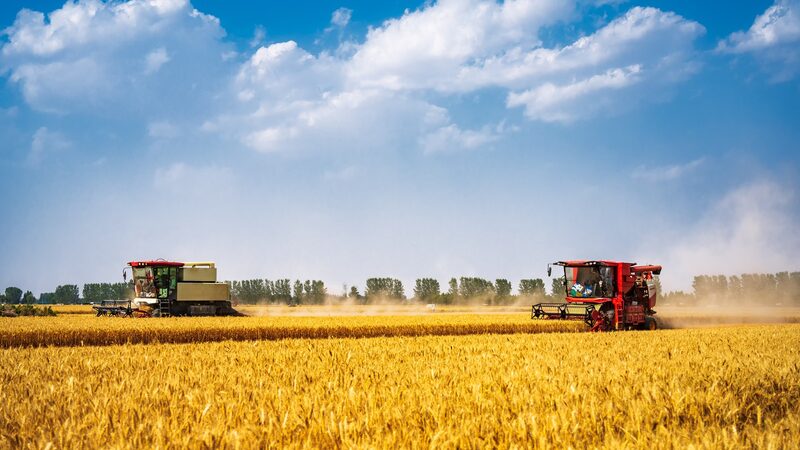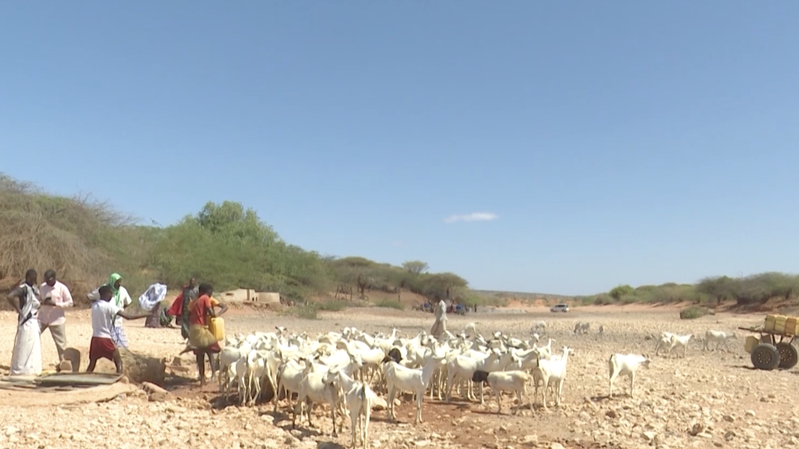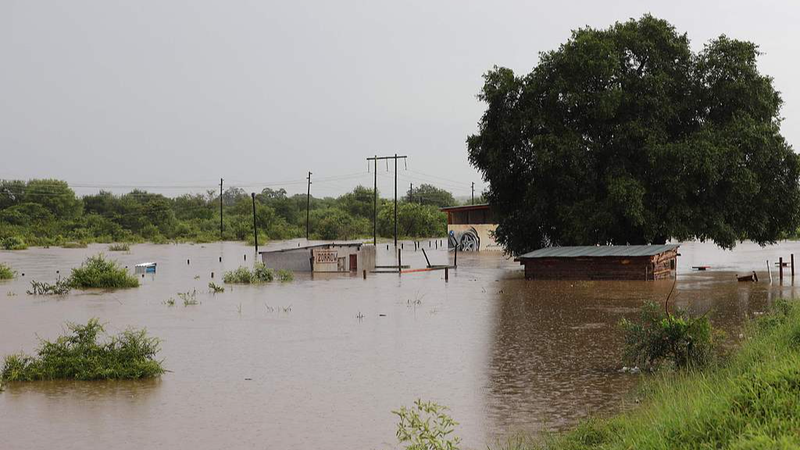🌍 Did you know that while carbon dioxide gets all the attention, another gas is warming our planet even more? It's called nitrous oxide, and it's no laughing matter! 😅 Known as \"laughing gas,\" nitrous oxide can heat the atmosphere 265 times more than carbon dioxide. Yikes! 😱
But here's some good news 🎉: Researchers have discovered a super bacteria that can help reduce these emissions from farms! 🧬🌾 Published in Nature, scientists found that this naturally derived bacteria can slash nitrous oxide emissions without messing up the soil's other tiny helpers. 🌱 It survives well in the soil and could be cheap to produce. Win-win! 🥳
\"This opens up new possibilities in bioengineering farm soil,\" said Professor Lars Bakken from the Norwegian University of Life Sciences. 🌟
👨🔬 So, what's the big deal with nitrous oxide? Farmers use a lot of nitrogen fertilizers, which increases nitrous oxide in the soil. In 2022, it made up 6% of all U.S. greenhouse gas emissions from human activities! 😮 Reducing fertilizer use isn't ideal because it can lower crop yields. But this new bacteria might be the game-changer we've been waiting for! 🚀
Professor Lori Hoagland from Purdue University (not involved in the study) said, \"They've developed a unique strategy to reduce nitrous oxide pretty dramatically.\" 🌽✨
The researchers grew the bacteria using organic waste—think processed manure-based fertilizers 🐄💩—making it easy for farmers to integrate into their routines. In field trials, the bacteria reduced nitrous oxide emissions by up to 94%! 😲 Plus, it didn't disrupt other important microbes in the soil. 🌿
The bacteria, called Cloacibacterium sp. CB-01, is naturally found in machines that transform organic waste into biofuels. That means it's not genetically modified, which could make farmers more comfortable using it. 🌐
Professor Paul Carini from the University of Arizona believes this is cost-effective: \"Any time you're using a waste product from one industry to benefit another, that's pretty smart!\" 💡
However, farmers currently aren't paid for reducing nitrous oxide emissions. Professor Bakken thinks policies need to change to make it profitable for them. 💰
There's still more work to be done. Different soils might react differently, and more research is needed to prove the bacteria's effectiveness worldwide. But if it works, it could have a tremendous impact! 🌎❤️
\"This is the next frontier in soil agriculture research,\" said Carini. 🌱🚀
Reference(s):
Researchers find organism that can reduce nitrous oxide in farms
cgtn.com




